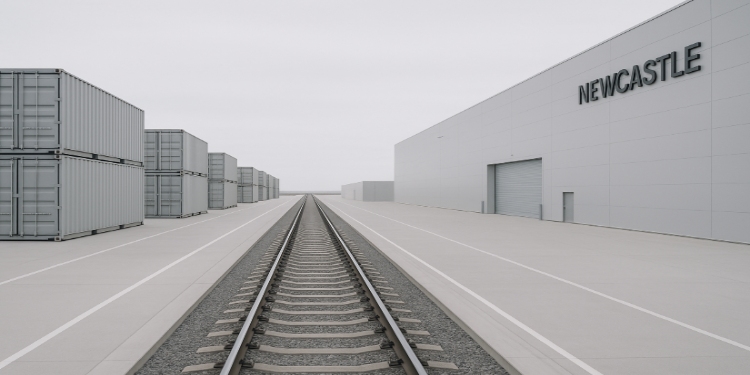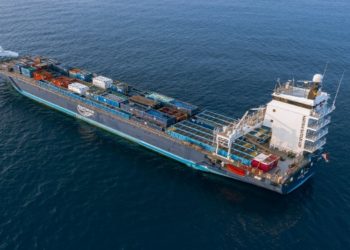Transport and logistics are vital components of the UK’s economic framework. Northern transport hubs significantly contribute to this framework by ensuring efficient logistics operations. This article examines the importance of these hubs, with a focus on haulage Newcastle.
Transport and logistics form the backbone of the UK economy, facilitating trade and the movement of goods across regions. The northern areas, with their strategic locations, have become essential transport hubs. These hubs are crucial for maintaining a robust logistics network, supporting both regional and national supply chains. Newcastle, in particular, plays a significant role in haulage Newcastle, enhancing connectivity and efficiency.
Northern regions as key logistics points
The northern regions of the UK have developed into vital nodes within the logistics network. Their strategic positioning allows for seamless connectivity between major cities and international ports, enhancing trade routes. This connectivity is supported by extensive infrastructure, including railways, highways, and air routes. These elements collectively enhance the capabilities of northern hubs to manage substantial freight volumes efficiently.
Infrastructure developments have been crucial in elevating the functionality of these transport hubs. Investments in roads and rail networks have reduced transit times, enhancing reliability. Additionally, modern facilities at these hubs facilitate quick turnaround times for cargo handling, which is critical for maintaining supply chain efficiency. Such advancements have positioned northern hubs as indispensable components of the UK’s logistics framework.
Moreover, regional economies benefit significantly from this logistical strength. Industries ranging from manufacturing to retail rely heavily on these hubs to ensure timely delivery of goods. As a result, northern regions not only contribute to national economic growth but also support local businesses by providing essential logistical support. The ripple effect of efficient logistics extends to job creation and business opportunities within these areas.
Challenges and opportunities in logistics
Northern transport hubs face various challenges that can impact their operational efficiency. Regulatory constraints often necessitate compliance with stringent standards that can delay processes. Additionally, logistical bottlenecks such as traffic congestion pose significant hurdles. However, these challenges also present opportunities for innovation and improvement within the logistics sector.
Technological advancements offer promising solutions to some of these issues. Automation in cargo handling and digital platforms for tracking shipments are streamlining operations significantly. By embracing cutting-edge technologies, northern transport hubs can enhance their efficiency and reduce operational costs while ensuring reliable service delivery.
Moreover, there are numerous opportunities for growth within the sector. Expanding infrastructure projects promise to boost capacity and improve transit times further. Such developments create a fertile ground for businesses to explore new markets and enhance their competitive edge through improved logistics capabilities.
Technology’s role in modern transport services
The integration of technology within transport services has become indispensable in recent years. Innovations such as real-time tracking systems provide transparency and allow for better coordination along supply chains. These systems enable businesses to monitor shipments closely, thus reducing delays and improving customer satisfaction.
Advancements such as automated vehicles are reshaping how goods are transported over long distances. By minimising human intervention, these technologies enhance safety standards while reducing operational costs associated with driver shortages. The introduction of such technologies within northern transport hubs ensures they remain competitive players in a rapidly evolving industry landscape.
Sustainable practices are also becoming increasingly important in modern transport services. Initiatives aimed at reducing carbon emissions through cleaner fuel alternatives contribute positively toward environmental goals while maintaining logistical efficiency. By adopting sustainable technologies, northern hubs can continue delivering high-quality services without compromising on ecological responsibilities.
David Prior
David Prior is the editor of Today News, responsible for the overall editorial strategy. He is an NCTJ-qualified journalist with over 20 years’ experience, and is also editor of the award-winning hyperlocal news title Altrincham Today. His LinkedIn profile is here.












































































